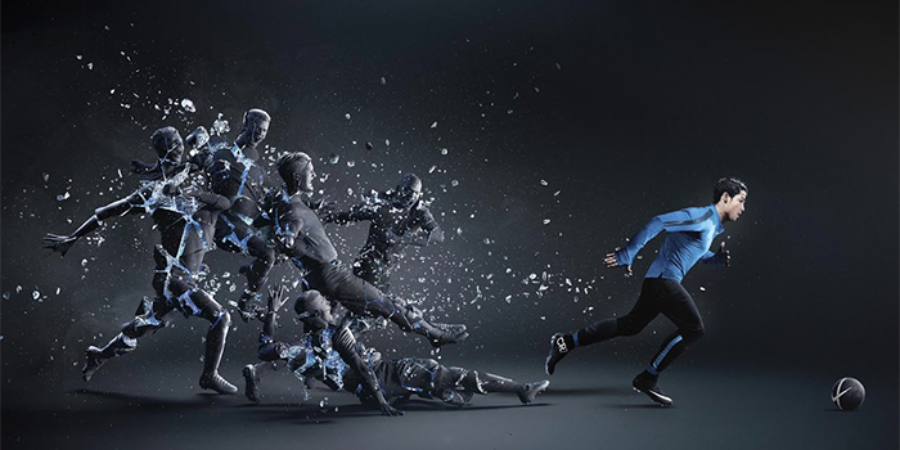

In today's world, the conflict between man and machine is more fierce than ever. Technology has grown quickly, making machines smarter and more adept. This has prompted several doubts regarding humanity' future roles. Will machines take control, or will humans always be ahead?
Let's explore this exciting clash of titans.
Rise of Machines
Machines have existed for ages. The Industrial Revolution of the 18th century witnessed the beginning of machinery replacing manual labour. Simple devices, such as the steam engine, revolutionised industries and increased production.
Today's machines are more sophisticated than before. Computers, robotics, and artificial intelligence (AI) have become essential components of our existence. They can do difficult tasks, learn from data, and make judgements. This has resulted in the employment of machines in practically every industry, including healthcare and finance.
Human ingenuity
Humans possess unique features that robots cannot mimic. Creativity and emotion are two such characteristics. Artists, authors, and musicians employ their imagination to create works that machines cannot replicate. Human emotions drive empathy, compassion, and interpersonal interactions, all of which are necessary for civilization.
People are terrific problem solvers. We are capable of critical thinking, making ethical judgements, and adapting to new conditions. Machines, on the other hand, use pre-programmed algorithms and data. While they can digest information fast, machines lack human-level insight and adaptability.

Many people feel that humans and machines can collaborate rather than fight each other. Machines can perform monotonous and risky duties, but people specialise in creative and strategic positions. This collaboration can result in increased efficiency and creativity.Human talents can be enhanced by technology. For example, AI can help doctors diagnose illnesses more correctly. Robots can carry out precise procedures that require stable hands. This human-machine synergy has the potential to lead to substantial advances in a variety disciplines.
One of the primary issues is job displacement. As machines grow more capable, there is concern that they may displace human workers. This can result in unemployment and economic inequality. It is critical to discover strategies to reskill and upskill the workforce in order to adapt to these changes. There are also ethical concerns to address. Machines making choices can create issues of accountability and morality. For example, with autonomous automobiles, who is accountable in the event of an accident? These ethical quandaries demand rigorous examination and control.
Conflict between man and machine is not about one overpowering the other. Instead, it is about striking a balance that allows both to coexist and prosper. By combining the talents of humans and robots, we can build a better future for everyone. The key is teamwork, continual learning, and handling difficulties responsibly. Humans and Machines work together as partners rather than competitors, the future seems promising.
